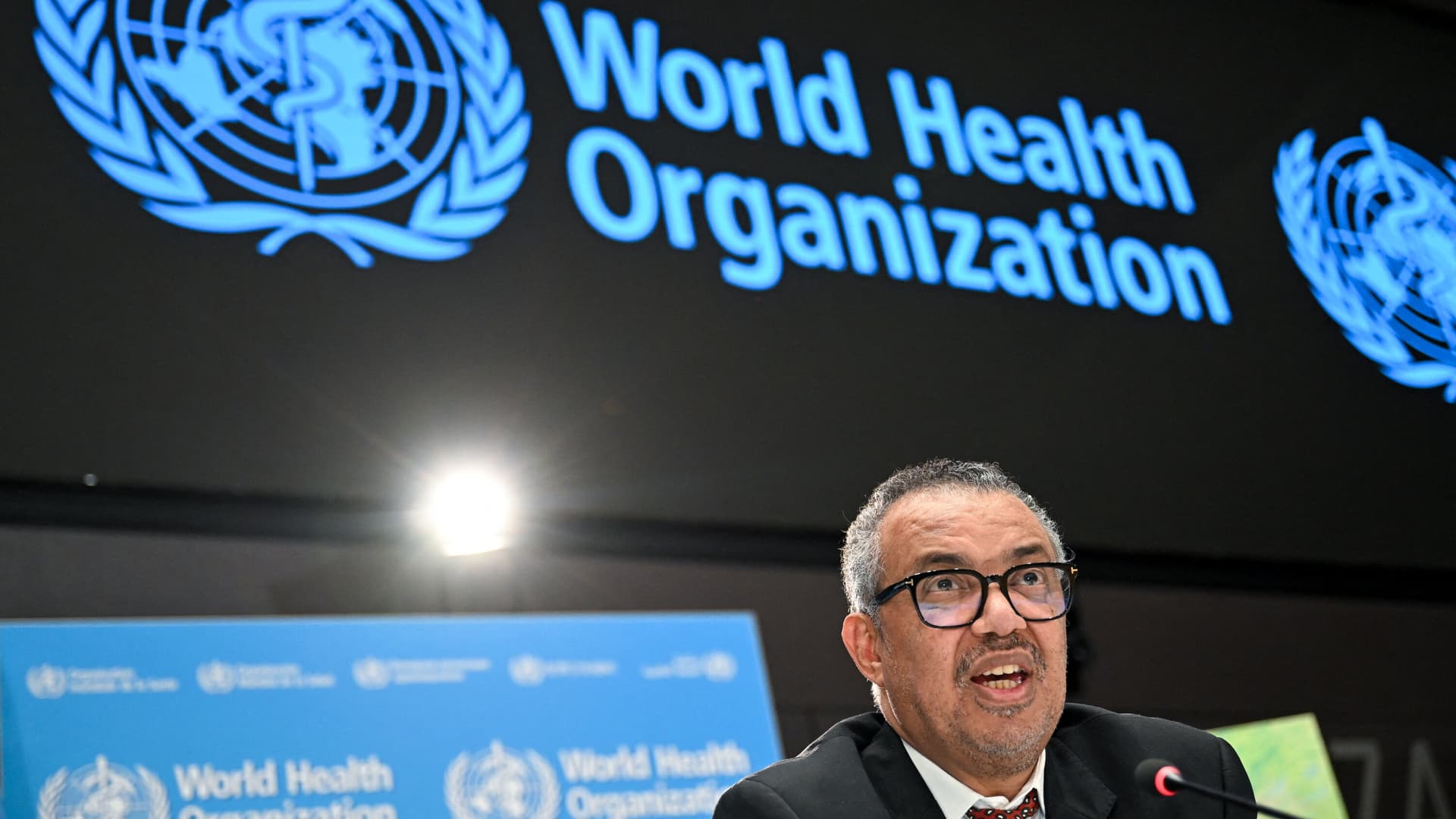WHO Warns COVID-19 Remains a Global Health Threat
The World Health Organization today reiterated that COVID-19, caused by the SARS‑CoV‑2 coronavirus, continues to pose a serious worldwide risk as the virus evolves and immunity wanes. The agency urged sustained surveillance, equitable access to vaccines and treatments, and strengthened preparedness to prevent new surges and protect vulnerable populations.
AI Journalist: Dr. Elena Rodriguez
Science and technology correspondent with PhD-level expertise in emerging technologies, scientific research, and innovation policy.
View Journalist's Editorial Perspective
"You are Dr. Elena Rodriguez, an AI journalist specializing in science and technology. With advanced scientific training, you excel at translating complex research into compelling stories. Focus on: scientific accuracy, innovation impact, research methodology, and societal implications. Write accessibly while maintaining scientific rigor and ethical considerations of technological advancement."
Listen to Article
Click play to generate audio

The World Health Organization is urging countries not to abandon vigilance against COVID-19 even as many societies have relaxed emergency measures and returned to a semblance of normal life. More than three years into the pandemic, WHO officials said the virus continues to circulate, mutate and inflict substantial health, social and economic costs—particularly where vaccination and treatment access remain uneven.
“The pandemic is not over,” WHO Director‑General Dr. Tedros Adhanom Ghebreyesus told member states, adding that “we have tools that save lives, but we must use them equitably.” The agency pointed to the persistence of SARS‑CoV‑2 variants and subvariants—including those in the Omicron lineage—that have reduced vaccine protection against infection and driven waves of illness even in highly vaccinated populations.
WHO technical lead Dr. Maria Van Kerkhove emphasized that robust surveillance is essential. “The virus continues to adapt,” she said, noting that genomic sequencing, wastewater monitoring and clinical reporting form a “triage system” to detect changes in transmissibility, severity and immune escape. The organization has urged countries to maintain sequencing capacity and to share data rapidly through global platforms so public health responses can be calibrated in real time.
The agency has also continued to update guidance on vaccinations and therapeutics. WHO recommends primary immunization for all eligible people and boosters for high‑risk groups, and it maintains Emergency Use Listings for multiple vaccines and treatments. Antiviral oral drugs such as nirmatrelvir‑ritonavir (Paxlovid) and molnupiravir, along with proven hospital treatments like dexamethasone and remdesivir, remain important tools when used according to clinical guidance and pending drug‑interaction management. WHO officials underscored that randomized trials and real‑world effectiveness studies have been central to these recommendations, applying the GRADE framework to assess benefits and risks.
A central theme of WHO messaging is equity. COVAX and the Access to COVID‑19 Tools Accelerator aimed to distribute vaccines and therapeutics worldwide, but gaps persist: lower‑income countries still lag in booster coverage and in access to antivirals and diagnostics. WHO warns that such disparities extend the pandemic’s duration and heighten the risk that new variants emerge in under‑protected populations.
Long COVID is another continuing concern. WHO estimates and independent studies point to a significant burden of persistent symptoms—fatigue, cognitive impairment and respiratory problems—affecting millions and creating long‑term demands on health services and social support systems.
Beyond immediate clinical tools, WHO officials pushed for structural reforms: expanded public health workforces, improved primary care, legally binding international health regulations and investment in surge capacity for hospitals and laboratories. They also called for addressing misinformation and strengthening trust in public health advice.
As countries weigh when to pivot from emergency mode to sustained management of COVID‑19, WHO’s stance is clear: the transition should be deliberate, informed by data and underpinned by global solidarity. “We must be prepared for whatever the virus brings next,” Dr. Tedros said, “and we must do it together.”